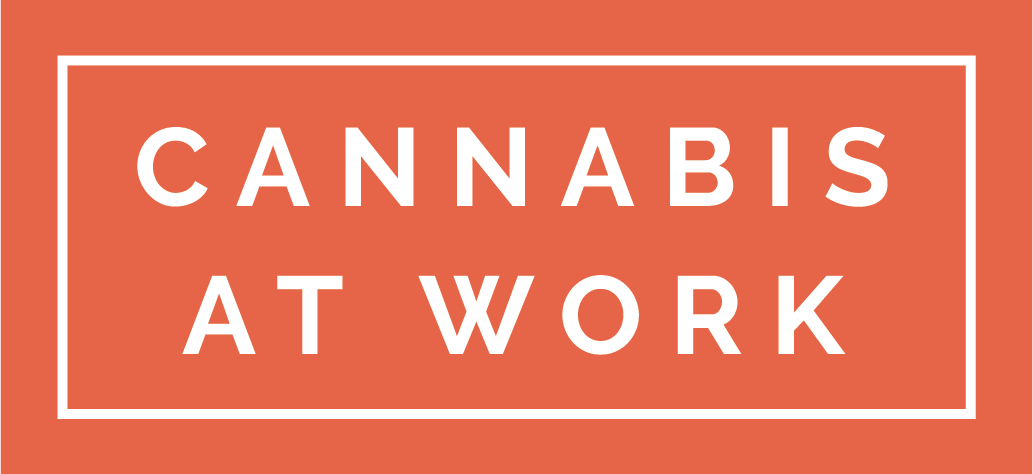The past four years have been an exciting and volatile time in the cannabis industry as cannabis retail has been implemented in Canada. Each province has taken a varied approach to regulating cannabis distribution and sales. The landscape continues to change as provincial regulators adjust their approach and involvement in cannabis retail operations.
These changes require organizations to pivot and adjust as they grow. While it is common for corporate teams to handle major changes, there tends to be a trickle down effect and even front-line cannabis employees are impacted.
Alongside the maturing cannabis industry, we have been managing the COVID-19 pandemic, which has impacted cannabis retail and the availability of cannabis jobs.
Employee retention is not a new topic but one that can be particularly challenging in the constantly changing environment of the Canadian cannabis industry.
Here are three things cannabis retailers should prioritize to drive employee retention in 2022:
Hiring Matters
The first step to retaining employees is hiring good people from the start. Employee turnover is expensive to any company, in both hard and soft costs. Approaching the recruitment process with care and hiring employees that fit with your culture will set you up for success in the long run.
Also, employees who like their team members will find it easier to withstand the constantly changing environment. Employees’ relationships with their team can make the difference between a good day at work or a crumby one.
When asked about what drives employee retention in the retail sector, Judy Thai-Kennedy, HR Director at Kiaro says, “At Kiaro, it is important to create a meaningful work environment where our employees feel a sense of belonging to the local community they work in, to the team members they work with at each store, and to their regular customers.” She goes on to say that the biggest impact of building a high-functioning team is a work environment where employees feel “safe sharing and supported.”
Strong Store Leadership
Effective store managers are able to bridge the gap between the retail environment and leadership at the store owner or corporate level. Constant change is a reality in the sector and this can lead to surprises, changing expectations, and disappointment when things do not go as planned. It is unlikely that retailers will be able to avoid this altogether, but strong cannabis store managers who take time to listen and acknowledge their staff’s experience can go a long way in mitigating frustrations on the front line.
Retailers should prioritize management skill sets that include strong communication, conflict resolution, and change management experience. An employee that feels heard and recognized will be much happier than one with unresolved grievances.
Store leadership is important because your managers will directly affect your employee retention rate. Make no mistake, poor store leaders will hurt employee retention. You’ve probably heard it before—employees don’t quit a job, they quit their manager.
Scheduling, Pay and Benefits
It may seem like pay, benefits, and scheduling are an administrative afterthought to hiring but they are an important part of an employee’s ongoing experience with their employer. Employees expect competitive pay and to have consistency in their scheduled shifts. This is directly tied to an employee’s ability to earn a living and when it’s missing, unclear, or poorly executed can lead to a lot of unhappiness and stress.
There has been unionization activity in the retail cannabis sector. A Canna Cabana location in Hamilton, Ontario was the first to ratify a collective agreement in December 2020. The issues cited that led to unionization included wages and benefits, better scheduling, and seniority provisions.
UFCW Local 175 summarizes on their website the changes to pay, benefits, and scheduling that were achieved through the collective bargaining process:
$1/hour increase following the successful completion of the probationary period
An additional $0.50 raise after 2 years of service
Employees will receive lump sum signing bonuses: $375 for full-time and $175 for part-time
Overtime pay after 42 hours per week instead of 44 hours
Enhanced language for employee scheduling policy and a guarantee that the employer will maintain a minimum of seven full-time jobs for the duration of the collective agreement
Three paid sick days for all employees
Paid bereavement leave and paid jury leave
Increase in the number of statutory holidays recognized and the addition of one floater day per year
The employer agreed to make contributions to the UFCW Local 175 Training & Education Fund in the amount of three cents per hour worked
Employers that wish to avoid employee dissatisfaction or even unionization are encouraged to implement competitive pay and benefits, and ensure that scheduling is done in a fair, organized, and transparent manner.
Employee retention can be affected by many factors. Cannabis retailers have the additional challenge of operating in an inherently volatile environment. Three things that can positively impact employee retention are hiring great people, strong store leadership, competitive pay and benefits, and fair scheduling practices. These may seem like simple and straightforward solutions—and they are. Retailers can positively impact employee retention by fully implementing meaningful yet basic human resource practices.

